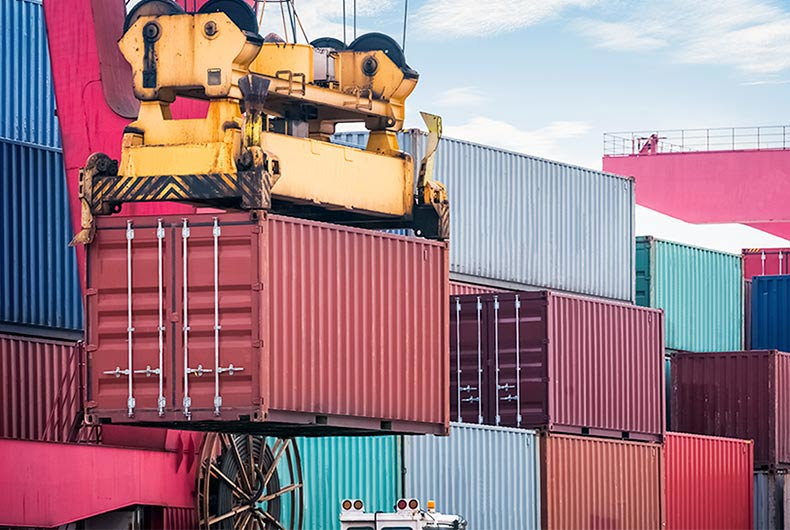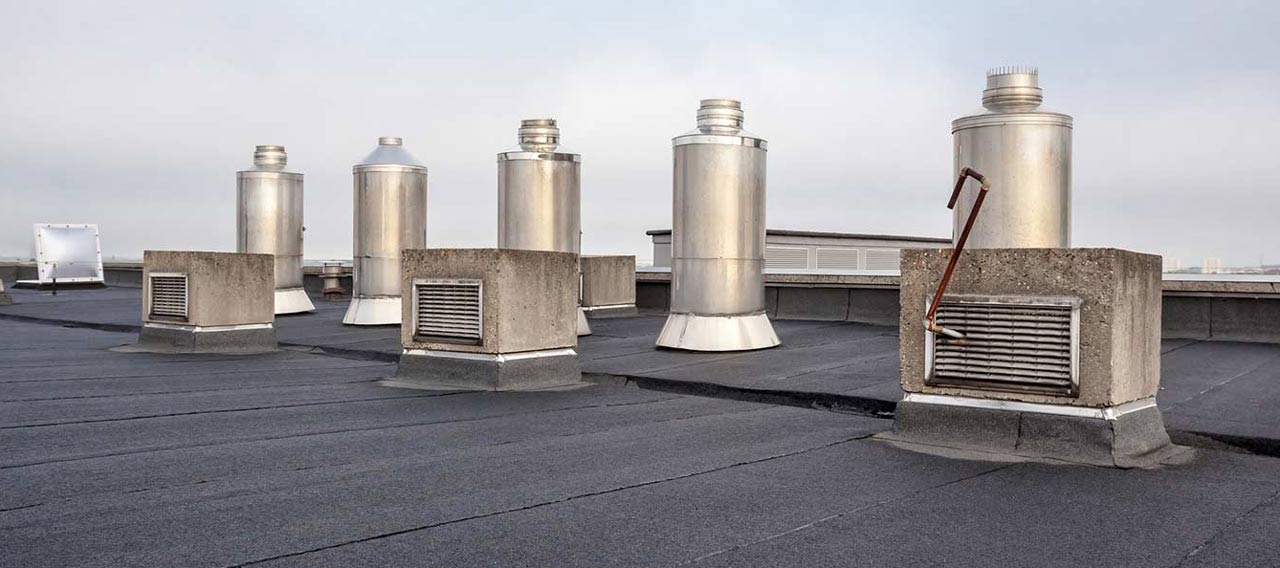- Individuals & Families
- Businesses
- Agents & Brokers
- Embedded Insurance

Chubb ranked #1 for Homeowners Insurance Customer Satisfaction.

Chubb ranked #1 for Homeowners Insurance Customer Satisfaction.

Chubb ranked #1 for Homeowners Insurance Customer Satisfaction.

Chubb ranked #1 for Homeowners Insurance Customer Satisfaction.

Because pets are family, Chubb now offers pet insurance with top-rated coverage from Healthy Paws.

Chubb offers the insurance protection you need for travel’s many “what ifs”.

Chubb protects small businesses at every stage – from newly formed start-ups to long-time anchors of the community.

Stay ahead of cyber threats with our free Cyber Claims Landscape Report.

Learn more about our dedicated learning paths, Online Learning Center, and more.

Many digital-savvy consumers look for it as a core or add-on option.

Many digital-savvy consumers look for it as a core or add-on option.

Many digital-savvy consumers look for it as a core or add-on option.

Chubb’s in-house technology makes it easy to integrate what we do into your customer experience.
-
About
-
Claims
-
Login & Pay Bill
For Agents & BrokersFor Travel Advisors
-
Back
When businesses expand across borders for the first time, they face new risks and may require additional insurance coverage for each new market. Here is a series of questions to help risk managers and other decision-makers identify new exposures and prepare for discussions with agents, brokers, and insurers about building a multinational insurance program.
Identify your operational exposures
The first step in planning a new multinational insurance program is to determine what risks will emerge when your business begins operations in one or more new nations or jurisdictions. You can start to identify specific exposures by answering these questions:
- What products or services will my company be providing?
- What types of facilities will my company operate; e.g., manufacturing, warehousing, sales office, etc.?
- What property and equipment will my company own or lease?
- Will I have local employees and company officers?
- How will my company’s operations depend on local vendors, suppliers, and other contractors?
- What new contracts will be signed?
- Will employees from my company’s home country travel frequently to other nations?
Understand risks and requirements specific to each new international location
Your knowledge of your business’s operations will help you identify and mitigate key risks. You’ll also want to turn to your insurance advisors to better understand risks associated with each new location. Here are questions to discuss with insurance agents, brokers, and carriers:
- What are the regulatory and tax requirements for insurance for each new location where my company will operate?
- Are there differences in limits and conditions for policies in the new locations?
- What are the risks associated with climate change in each new market?
- How will inflation impact insurance rates and property valuation in each new market?
- Is political instability a significant risk factor in my company’s new locations?
Determine how a prospective insurer will assist your expanding business
When you establish a multinational insurance program for your business, you’ll want to be sure that any prospective insurer can meet the needs of your growing business. Here are some questions to ask:
- Does an insurer have dedicated offices or strong network partnerships in all of your new and planned locations or geographic exposures?
- Does an insurer have the technical underwriting expertise to provide risk assessment and policy requirements in all of your new and planned locations and geographic exposures?
- How timely is an insurer’s policy issuance and renewal service?
- How timely is an insurer’s claims response?
- Are local claims services available when an incident occurs?
- Does a prospective carrier provide risk engineering services in your new international locations?
- What digital tools does an insurer provide to help manage risk?

Weigh your insurance options
Once you’ve identified exposures specific to your business and new locations, consider each of the following options for your multinational insurance program:
- A single global policy — Depending on the nature and reach of your business, a single policy originating in your company’s home nation and covering limited operations worldwide may provide sufficient coverage.
- Separate local policies — Maintaining separate local policies for each country where your business operates can provide several advantages over a single global policy. This option can help you meet local regulatory requirements and contractual obligations.
- Controlled master program (CMP) — This type of program provides the benefits of both local and global policies. It includes a global policy originating in your home country and local policies in other countries. The global policy helps fill gaps in local policies as well as offering coverage in countries without local policies.
When considering your insurance program options, factor in the type of coverage you’ll need as well. For instance, if you plan on operating a vehicle fleet in a new location, you’ll likely need local commercial auto coverage. In this case, a single global policy likely will not provide adequate coverage.
Next steps
Once you’ve answered the questions above, reach out to a broker or agent with multinational experience to discuss your coverage options. When evaluating insurers, holistically consider pricing, coverage, and services.
Insights and expertise








This document is advisory in nature and is offered as a resource to be used together with your professional insurance advisors in maintaining a loss prevention program. It is an overview only, and is not intended as a substitute for consultation with your insurance broker, or for legal, engineering or other professional advice.
Chubb is the marketing name used to refer to subsidiaries of Chubb Limited providing insurance and related services. For a list of these subsidiaries, please visit our website at www.chubb.com. Insurance provided by ACE American Insurance Company and its U.S. based Chubb underwriting company affiliates. All products may not be available in all states. This communication contains product summaries only. Coverage is subject to the language of the policies as actually issued. Surplus lines insurance sold only through licensed surplus lines producers. Chubb, 202 Hall's Mill Road, Whitehouse Station, NJ 08889-1600.


